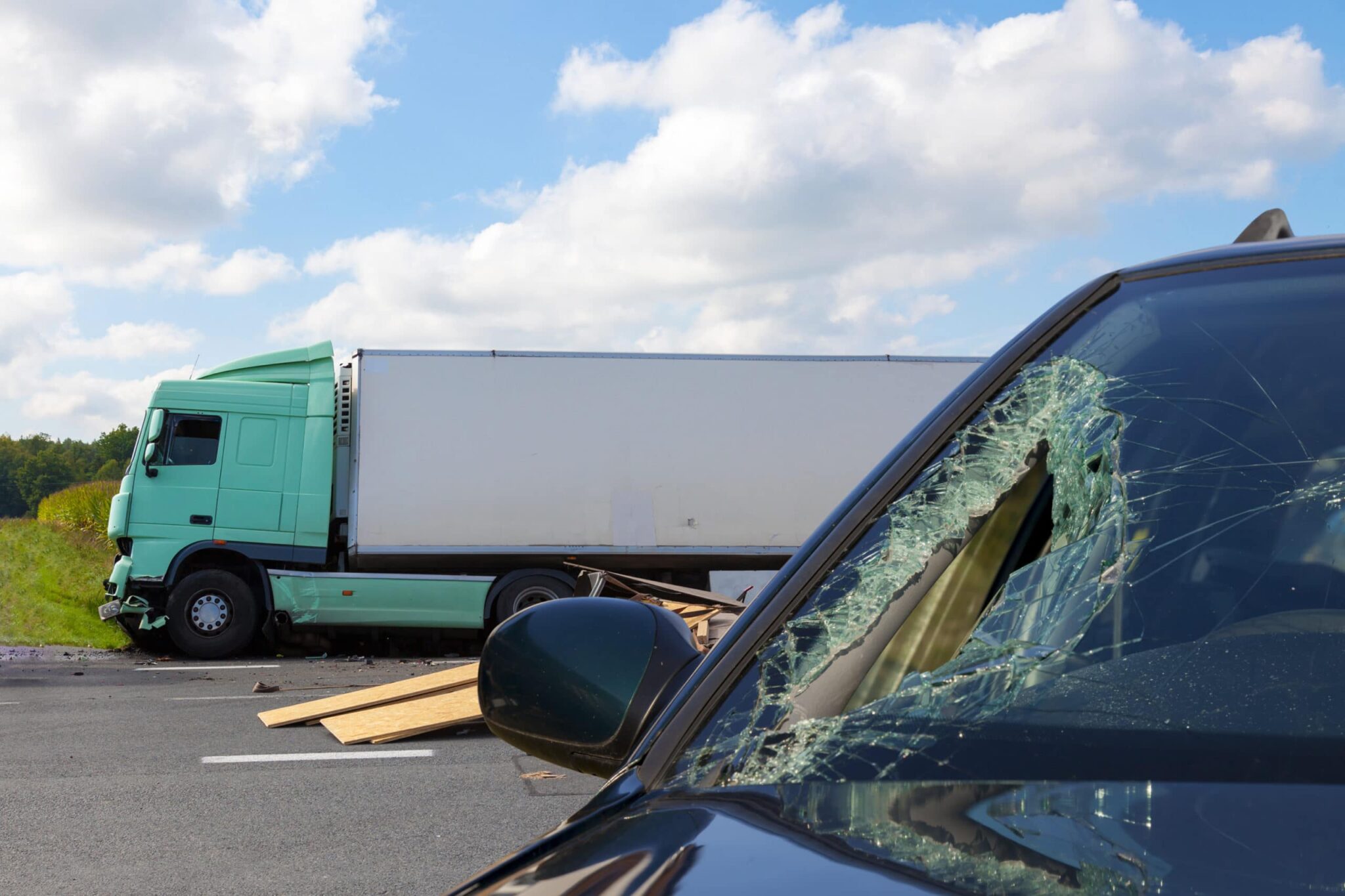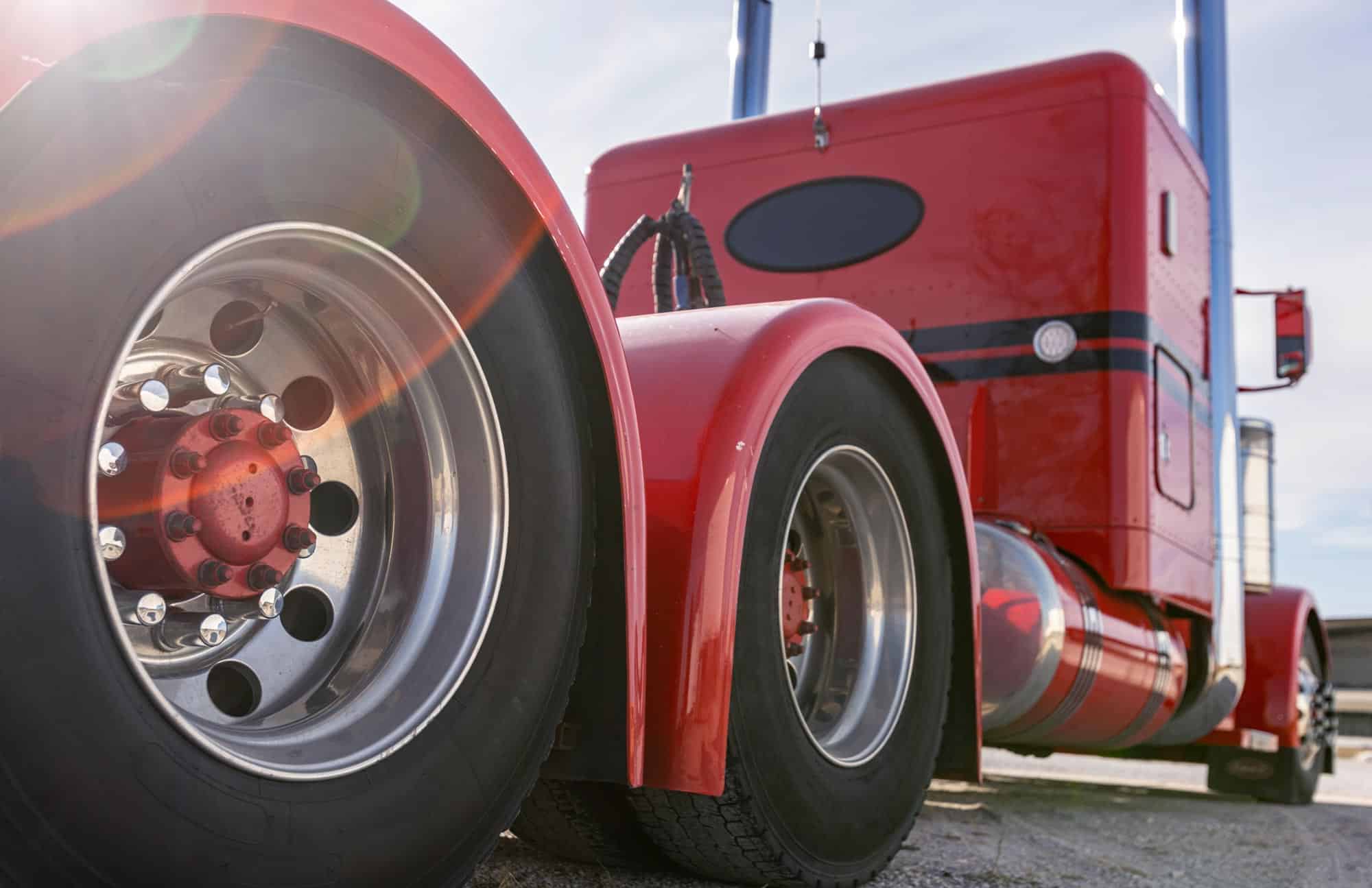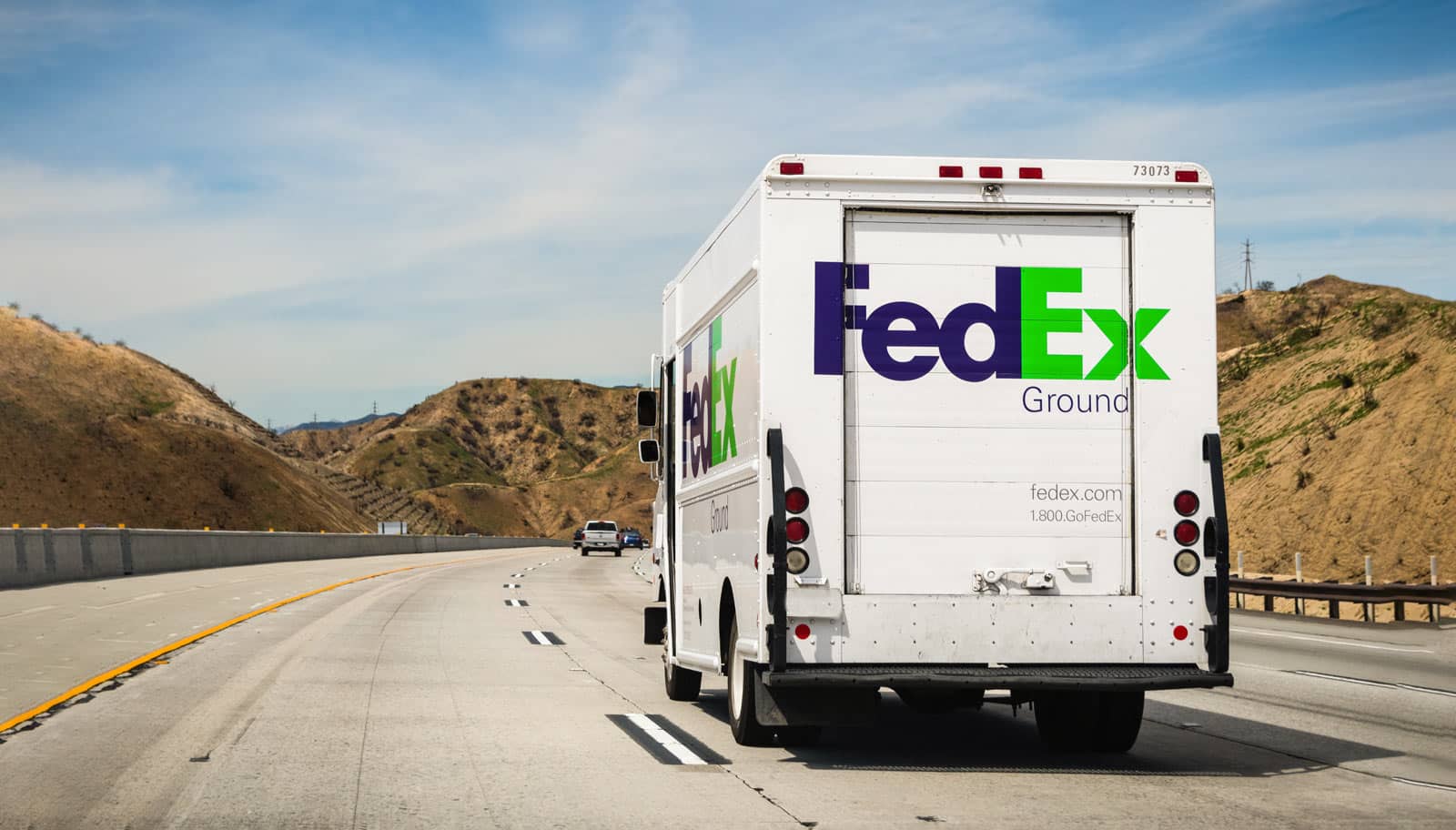In 2020, there were 32,562 crashes involving commercial vehicles in Texas. They resulted in almost 600 fatalities and thousands of serious injuries. Truck crashes can cause devastating injuries — leaving victims struggling to move on.
At Crosley Law, we help crash victims get the answers and accountability they deserve. Our truck accident lawyers have earned a reputation for their cutting-edge tactics and client-focused approach. We know how to stand up to trucking companies and their insurers— and get our clients fair settlements and jury awards.
However, many people don’t understand what it takes to recover a fair truck accident settlement. Below, we outline some of the essential factors in any truck accident crash and share stories about some of our clients’ recoveries.
How Do You Get a Truck Accident Settlement?
Most commercial vehicles in Texas carry significant insurance policies—most 18-wheelers in Texas must carry at least $750,000 in liability insurance. After a crash, you and your truck accident lawyer will need to file claims with the at-fault driver or trucking company’s insurance carrier.
If these policies do not fully cover your losses, you might also have claims under your personal injury protection (PIP) and uninsured/underinsured motorist (UM/UIM) policies.
This was the case for one of our clients, Kelly, who was involved in a rear-end collision. She suffered serious injuries that put her career as a surgeon on hold. We helped her navigate her multiple claims against the at-fault driver and with her UM/UIM policy.
Remember, the insurance adjusters will do their best to settle your claims as quickly and cheaply as possible. To fight back, you’ll need compelling evidence that supports your claim and documents all your financial and emotional losses.
RELATED: 18-Wheeler Turns a Surgeon’s Life Upside Down: Kelly B.’s Story
What Happens After You Settle a Truck Accident Claim?
When you settle a personal injury case, you give up your right to pursue a lawsuit in exchange for a lump-sum payment. Once your settlement is finalized, you cannot go back and ask the insurance company for more money.
That’s why you should be cautious when negotiating a truck accident settlement—especially if you are unrepresented. When you work with Crosley Law, we will aggressively investigate your claims—identifying all the at-fault parties and their insurance companies, calculating your damages, and pinpointing exactly who contributed to your crash.
1. Identifying Hidden Causes of Truck Wrecks
A variety of factors can cause commercial trucking crashes. Some of them are clear-cut, like speeding, but others take more investigation to uncover. Without the help of an experienced truck wreck lawyer, you may not discover all the factors that contributed to your crash.
Some of the top hidden causes of truck wrecks include:
Vehicle Inspections
Drivers must look over their trucks on a regular basis. The Federal Motor Carrier Safety Administration (FMCSA) outlines how often to look for specific hazards. Operators might have to check certain items before every single trip, and failing to register a report can point to fault. Big or small, these bits and pieces can cause serious harm if they aren’t in working order:
- Windshield wipers
- Lights, signals, and reflectors
- Braking systems and parking brakes
- Trailer connections
- Rearview mirrors
- Tires
Truck Maintenance
It may seem easy to blame the driver of a delivery vehicle, garbage truck, or tractor trailer for the wreck, but sometimes the crash was out of their control. Freight companies that fall short of federal requirements could be responsible for the outcome. They have to stay on top of regular maintenance and address driver safety reports and annual inspections.
Prescription and Over-the-Counter Drug Use
Screening for illegal drugs is common after a wreck, but prescription medicines and over-the-counter cures can also affect driving ability. Common medications can lead to drowsiness, blurred vision or difficulty concentrating.
Fatigue and Sleep Apnea
Long hours on the road can lead to extreme cases of fatigue in truck drivers. Studies show that many truck drivers suffer from sleep apnea. This sleep disorder causes daytime drowsiness and even chronic fatigue. Being alert is important for any driver on the road but especially crucial for the driver of an 80,000-pound vehicle.
Drivers short on sleep can be just as dangerous as someone who drinks too much and gets behind the wheel. A person that’s been awake for a full 24 hours will suffer from similar problems as a driver well over the legal limit for alcohol:
- Slower reaction times
- Worse decision making
- Unable to maintain focus
Work-Related Pressure
Fatigue and its effect on driving capabilities led to federal Hours of Service (HOS) rules. They dictate how long a truck driver may go without a break and how long they need between shifts. However, some truck companies pressure drivers into breaking the HOS rules, forcing them to work unsafe hours. While the driver is still responsible for choosing to keep driving, the company is also at fault for pressuring them to do so.
RELATED CLIENT STORY: Crosley Law Gets $4.9 Million Settlement for Trucking Accident Victim with TBI
2. Proving Negligence: Who’s to Blame for Your Crash
Sometimes, more than one party is responsible for a truck wreck. Holding all these parties accountable could lead to a larger settlement. It can also remove hazardous drivers from the road — not to mention dangerous managers from their positions of power.
But proving negligence in a truck crash can be difficult. It could take a thorough investigation by an attorney experienced with countering the tactics of large corporations. To identify all the parties involved in causing your truck wreck, your attorney will look at the following areas:
Crash Facts
-
- Police reports about the scene and crash
- GPS and dashcam data
- Pictures and tangible evidence from the scene
- Reconstructions of the collision
- Witness testimonies
Truck Driver Information
- Qualifications and training
- Driving record
- Driving log (hours on the road)
- Driving behavior during the wreck
- Post-accident drug testing reports
Truck and Maintenance Reports
- Maintenance logs
- Inspection history
- Presence of electronic logging device or speed limiters
Freight Company History
- Hiring procedure
- Training processes
- History of truck crashes
This information can prove essential in your case. For example, we represented Jane after her daughter Amanda died in a truck wreck. At the scene of the crash, the truck driver claimed that Amanda had run a red light and he had been unable to prevent the collision. Due to her fatal injuries, Amanda could not share her side of the story, and was wrongly blamed for the crash.
We analyzed the semi-truck’s GPS data and dashcam footage, which clearly showed the truck driver running a red light—not Amanda. The truck’s sophisticated monitoring systems also showed that the driver never hit his brakes until after the impact.
Then, we began digging into his driving record. The trucker had a long history of safety violations, and his employer let him stay on the road. We combined all this information with careful damage calculations to get Jane the closure she deserved.
RELATED: A Grieving Mother Clears Her Daughter’s Name: Amanda and Jane’s Story
3. Calculating the Value of Your Truck Wreck Claim
Calculating all the physical, financial, and psychological losses can be complicated for any motor vehicle accident. But truck crashes have the potential to cause much more devastating damage than a standard passenger car accident.
Trying to calculate damages on your own with an online settlement calculator typically produces inaccurate estimations. Working with an experienced attorney could be the way to come up with a more accurate answer.
What Types of Damages Can You Recover?
There are two main types of damages that you can recover from a personal injury claim:
-
- Economic Damages: Compensation for past, current, and future bills and expenses that result from the negligent party’s actions.
- Non-Economic Damages: Compensation for the pain and suffering you experienced due to your wreck and the emotional or financial impact on your immediate family.
As you can imagine, calculating non-economic damages for motorists is a very subjective art. A computer or anyone without exhaustive knowledge of Texas injury law cannot accurately estimate calculations. Guessing at all the costs for something like a back injury from a head-on collision generally won’t provide an accurate answer.
Additionally, calculating compensation for truck wreck cases can be particularly challenging. Not only can the large trucks cause significantly more damage to your person and property but also more emotional trauma. You’ll need to look at a lot of factors to get an idea of what number you should put to your claim:
- Medical bills: The medical bills from right after your accident might be the start, but you could be a long way from the finish. Doctor’s visits, physical therapy, and medications can all add up to huge sums of money after broken bones, herniated discs, or head injuries.
- Pain and suffering: Separate from health care, the physical suffering you feel during the process could count toward your compensation. This can start with the pain you felt on impact to discomfort long after the accident.
- Future health care: Serious injuries can take time to heal, and the pains you have now might only be setting the groundwork for future expenses. Traumatic brain injuries or permanent disabilities are the types of things that can put stress on your funds for years to come. You could also add on any medical equipment you’ll have to rely on.
- Property damage: You weren’t the only thing that took a hit in the accident. Your car is probably in bad shape if the insurance company hasn’t already totaled it. You could look for help getting repairs or replacing the vehicle you lost.
- Lost earnings: You can bring up how the accident affected your job, and missed paychecks are just the beginning. You could also look at the future income you might miss, like promotions that could have bumped up your pay.
But it’s often not enough to hand over a ledger. You’ll need to show the costs you endured because of the accident and how they tied to the truck. Even when you’ve got everything together, it doesn’t mean you’ll get help with it all. There might be several limits on what you can claim. Understanding what’s available likely won’t be easy, but it can go smoother with experienced help by your side.
For example, our truck accident lawyers represented Barb, a highly decorated military veteran and high school teacher. She suffered a severe traumatic brain injury (TBI) during a truck wreck. In addition to calculating her lost wages and medical bills, we needed to document how profoundly her quality of life had changed.
We recorded statements from Barb and her loved ones, putting their loss into words. One friend commented:
“It’s very hard for me to wrap my head around [Barb’s deficits] because of who I knew Barb as for so many years. Barb was a leader. She was motivated. She was solution-oriented. I think of her and her time with the military, and she was such a commanding leader… People were motivated to follow her based on her intellect, her drive, her planning ability…
That person doesn’t exist anymore… [she] is struggling just to exist.”
RELATED: Crosley Law Gets $4.9 Million Settlement for Trucking Accident Victim with TBI: Barb’s Story
How Does an Injury Lawyer Calculate a Claim’s Worth?
Calculating a settlement depends on a variety of factors. From state laws to insurance policies, there are plenty of components that can affect your compensation. Online calculators typically only add up your estimated bills and attempt to assign an arbitrary value to your pain and suffering. There are lots of pieces that a computer can’t account for:
- Insurance policies: Truck accident calculators generally don’t worry about policy limits. This can come into play when a driver is at fault. While carriers might have enough insurance or assets to handle your compensation, a trucker’s insurance could come up woefully short. If the operator hits you in certain situations, like while they’re off-duty, drinking, or using the truck for something other than work, they might be the ones that have to aid your recovery.
- Case strength: Many claims start between insurance companies but could move to the next step if there isn’t room for a settlement. This means you might have to take your truck accident case before a court and try for a favorable jury verdict. Pushing for more money without the evidence to support it all could take a settlement off the table. Your recovery might end up at the mercy of your case results.
- Timing: The dust can take time to settle after an accident, but your costs will likely start right away. Just because you’re in the middle of a claim doesn’t necessarily mean you’ll have more time to pay off your medical treatments. Ideally, you’d have time to gather proof to show the big picture or your recovery. But if help is hard to come by before your settlement, it could mean shaving a little off the top.
A skilled attorney with experience in truck wreck cases will take a more detailed approach, looking at all the wide-ranging factors that may affect your situation. They also understand how local judges typically rule on similar cases. This information can be essential for determining the strength of your case and the maximum settlement you could potentially receive.
Discover Our Sophisticated Approach to Truck Wreck Claims
At Crosley Law, we routinely obtain significantly higher commercial truck accident settlements than in passenger motor vehicle collisions, even with similar injuries. There are many reasons for this.
- Our investigations can uncover safety shortcuts taken by the trucking company. When we expose this type of negligent behavior, the settlement value of the case increases.
- We are often able to prove that there was an economic motive that led the trucking company or its driver to take cut corners with safety; a theme of profits over safety can increase a claim’s settlement value.
- We frequently partner with respected medical and accident reconstruction experts that help us pinpoint the real causes and factors that led to the crash.
- When appropriate, we use focus groups and mock juries to tailor our trial presentations and negotiation tactics.
Contact our office and request a consultation to learn more about our innovative approach to truck accident litigation.
Crosley Law Understands the Stress of Serious Truck Wrecks
At Crosley Law, we know how devastating truck wrecks can be to victims and their families. Besides the pain and financial hardships that arise, victims often experience high levels of stress — and sometimes PTSD. Working with an experienced truck wreck law firm for your personal injury claim means that you can focus on recovering and taking care of your family while we focus on getting you the compensation you deserve.
Call us today at 210-LAW-3000 | 210-529-3000, or send us a message online to schedule your free consultation and discuss your options.
References
49 CFR § 396. (1979)
Boris, C., and Brewster, R. (2016, May). Commercial driver perspectives on obstructive sleep apnea. American Transportation Research Institute. Retrieved from https://atri-online.org/wp-content/uploads/2016/05/ATRI-Driver-Perspectives-on-OSA-05-2016.pdf
Centers for Disease Control and Prevention. (2017, March 21). Drowsy Driving. Division of Population Health. Retrieved from https://www.cdc.gov/sleep/features/drowsy-driving.html
Commercial motor vehicles involved crashes and injuries. (2021). Texas Department of Transportation. Retrieved from https://ftp.txdot.gov/pub/txdot-info/trf/crash_statistics/2020/30.pdf
The content provided here is for informational purposes only and should not be construed as legal advice on any subject.









